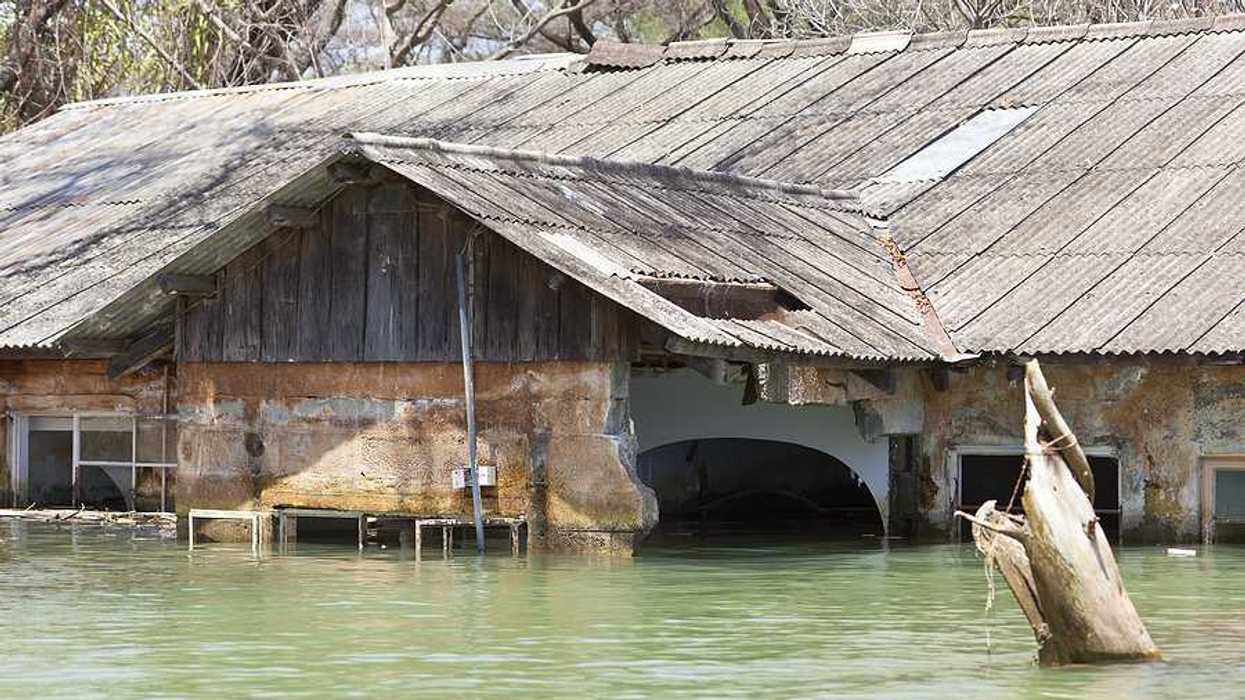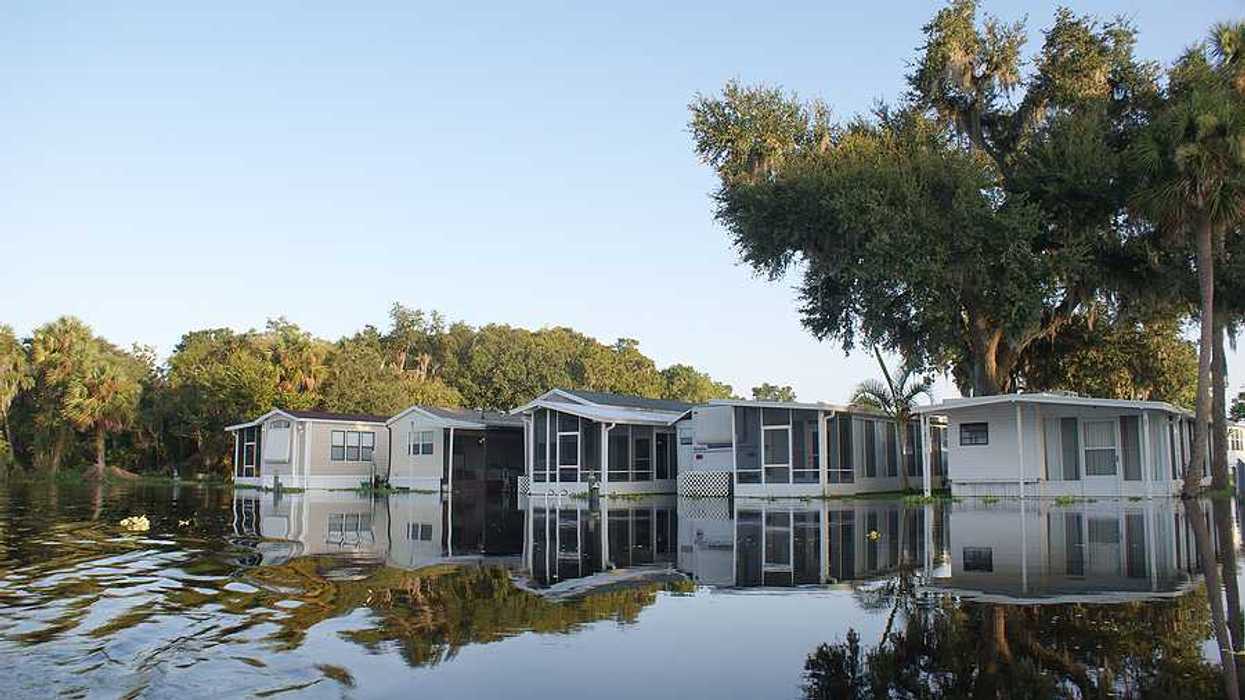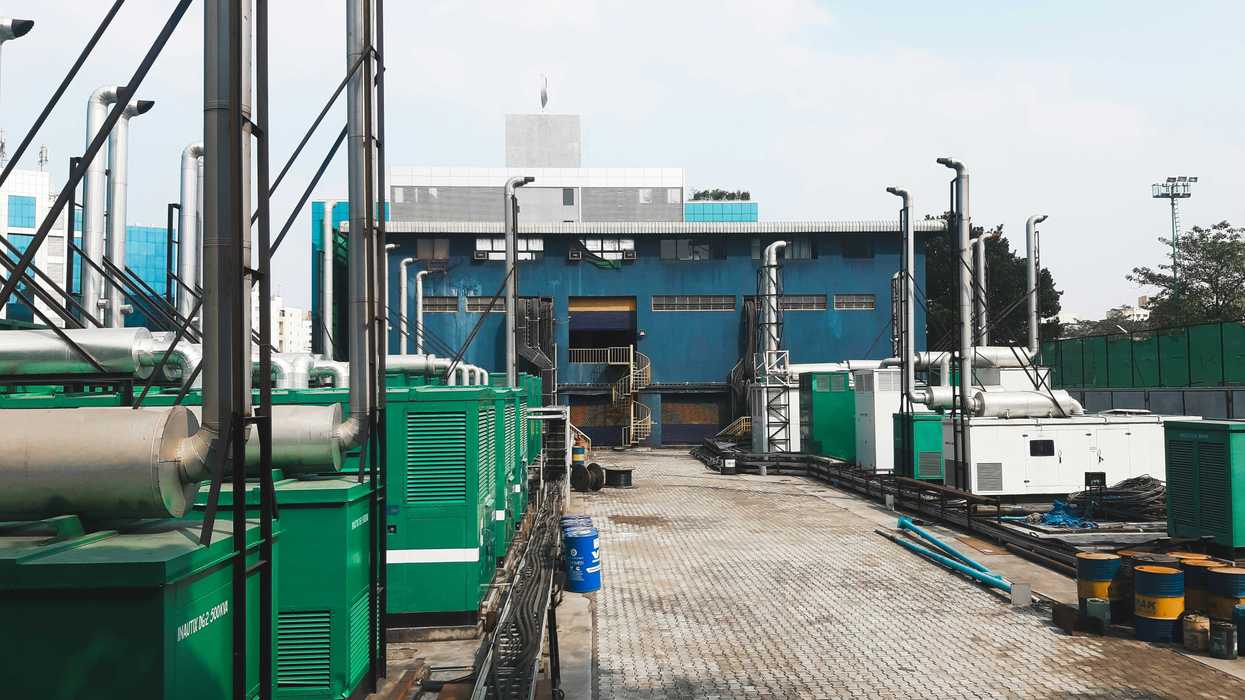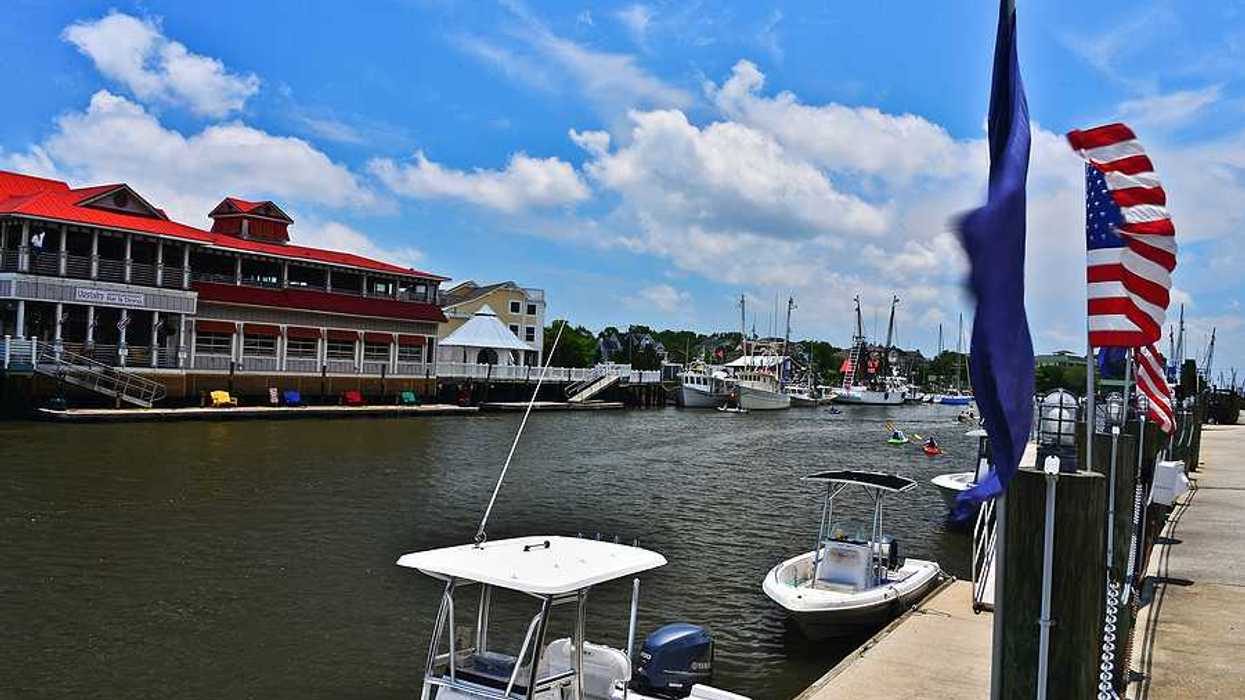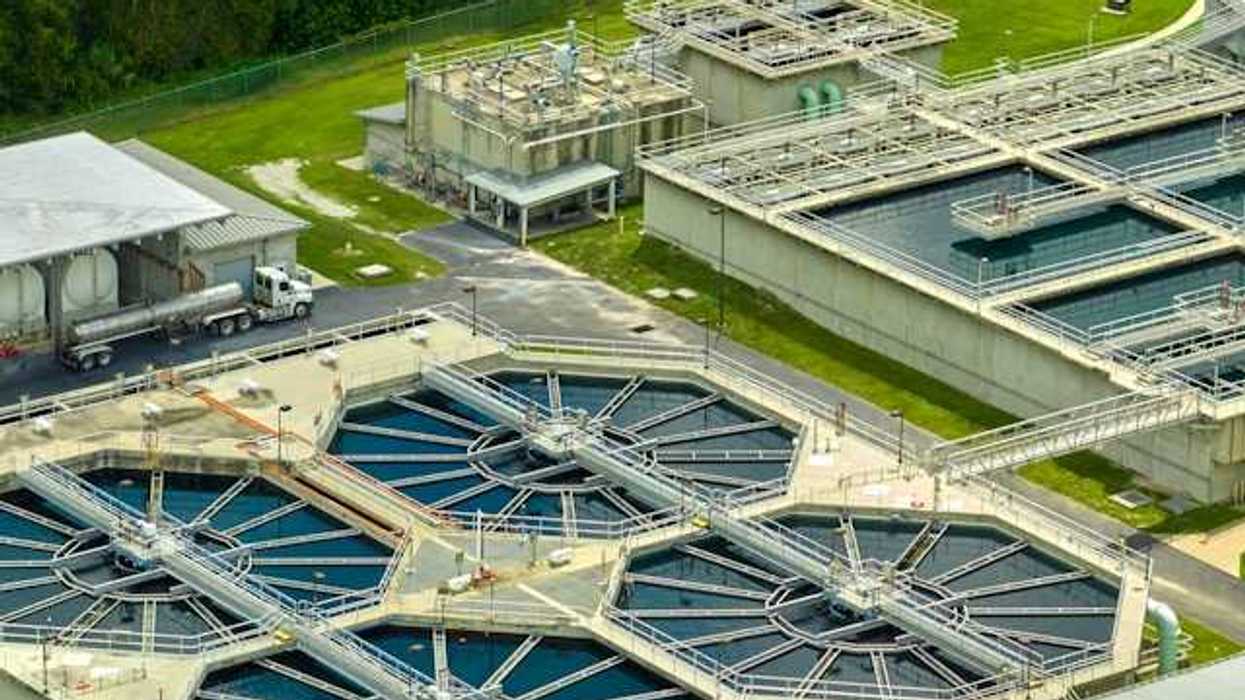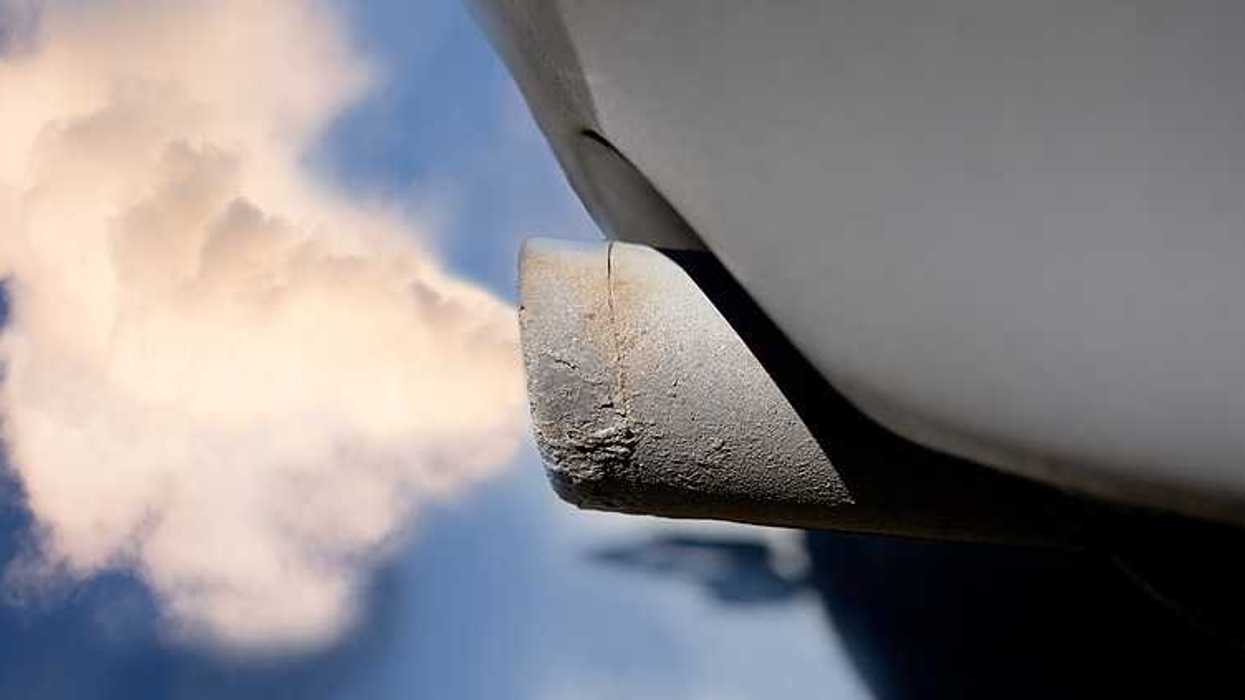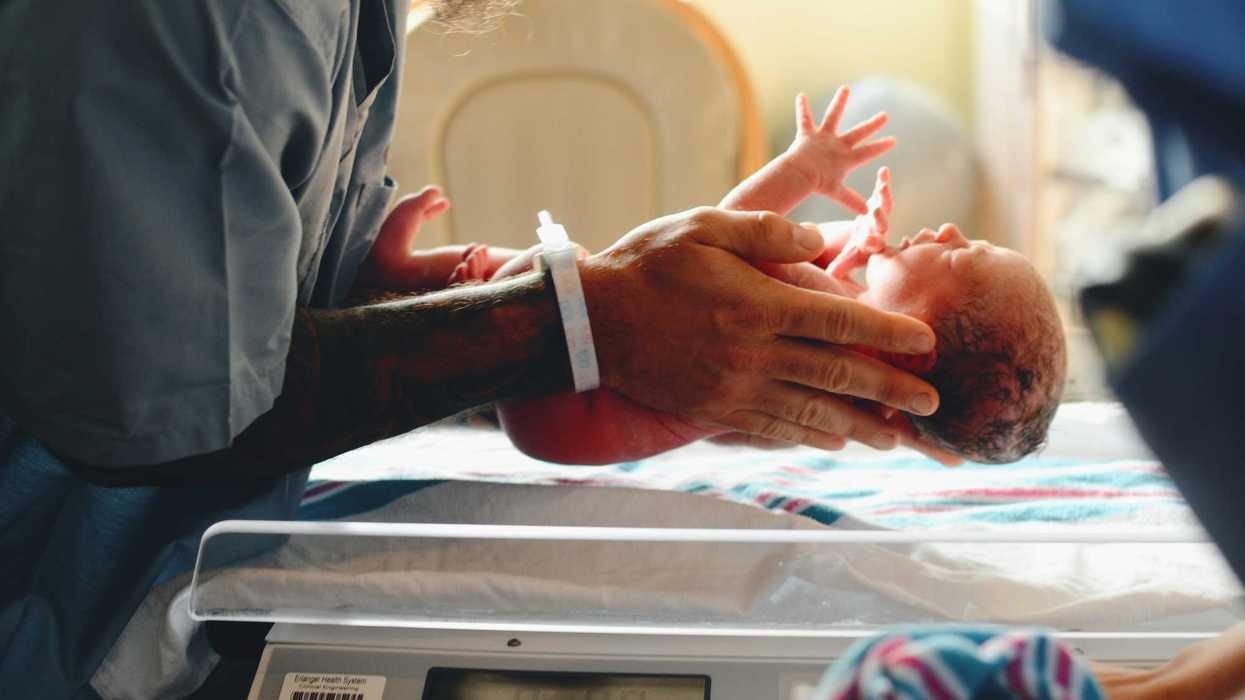Asheville residents question the safety of restored water following Hurricane Helene, which disrupted supplies and damaged infrastructure for over 50 days.
Jasmin Pittman reports for The Guardian.
In short:
- Hurricane Helene left Asheville residents without potable water for 53 days, disrupting daily life and forcing reliance on bottled water and tankers.
- Scientists detected lead in water at several schools, raising fears about the safety of restored water despite reassurances from local officials.
- Businesses and residents continue to adapt, with calls for more public education on lead risks and long-term water testing.
Key quote:
“I’m not quite ready to drink from the faucet. I need more scientific studies and anecdotal evidence of its safety.”
— Stephanie Allen, Asheville resident
Why this matters:
Prolonged water crises expose communities to health risks from lead and other contaminants, especially in regions with aging infrastructure. Public education and widespread testing are essential to prevent further harm and rebuild trust in local water systems.
Read more: Hurricanes leave behind long-term health risks and water contamination



